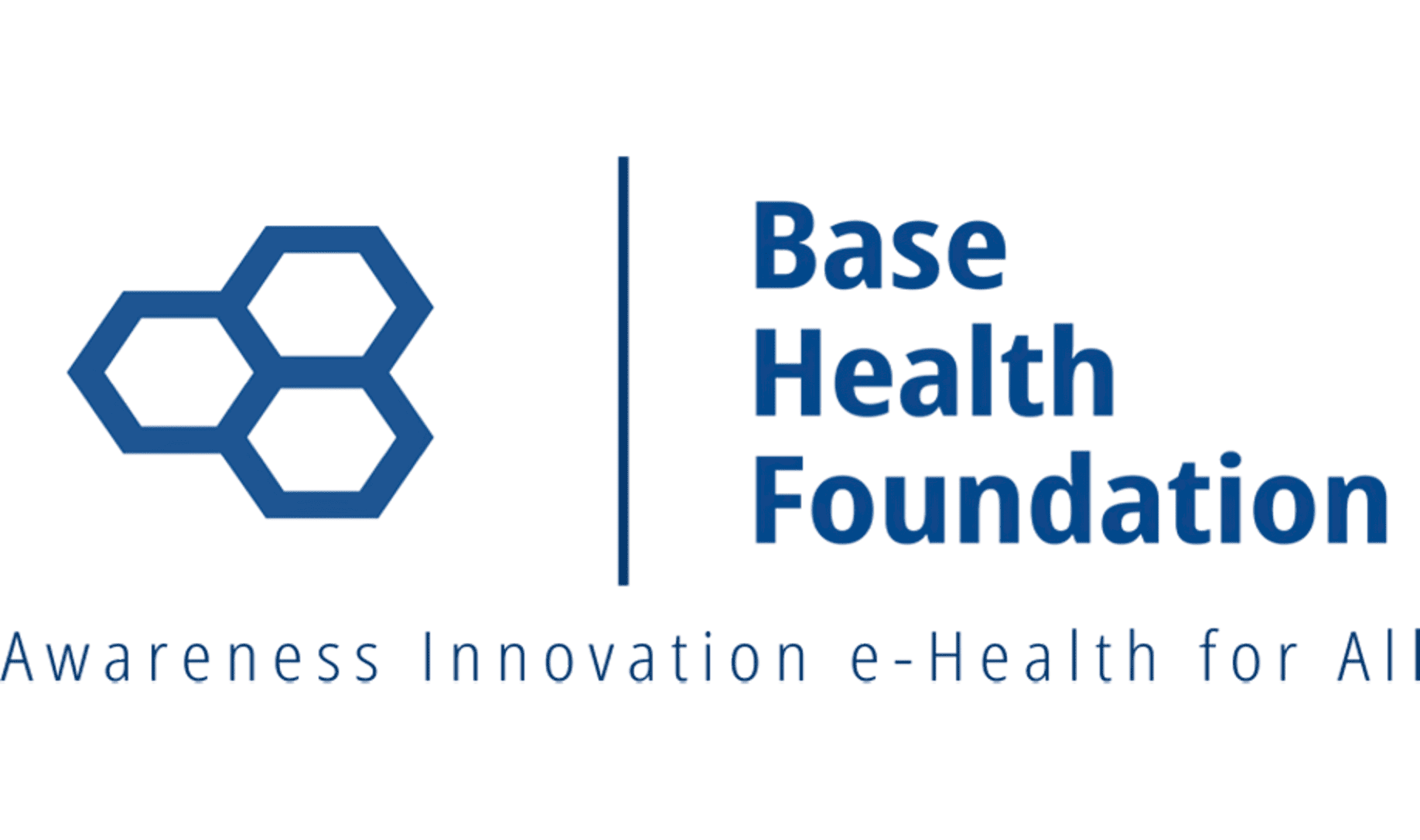Outdoor Behavioral Healthcare Services to Youth and Young Adults: A Path to Healing and Growth
In today’s world, youth and young adults face an array of challenges that can impact their mental, emotional, and behavioral health. Traditional therapeutic approaches within confined spaces may not always be the most effective way to address these complex issues. Outdoor behavioral healthcare services have emerged as a promising alternative, providing a unique and transformative therapeutic experience in natural settings. This essay will delve into the benefits, challenges, and best practices of outdoor behavioral healthcare services for youth and young adults, highlighting its potential to foster healing, growth, and resilience.
I. Understanding Outdoor Behavioral Healthcare
Outdoor behavioral healthcare (OBH) is a therapeutic approach that utilizes outdoor environments and activities to address a range of mental health, behavioral, and substance abuse issues. It combines traditional therapeutic interventions with experiential learning in natural settings, such as wilderness therapy, adventure therapy, and ecotherapy. OBH programs are typically designed for youth and young adults who are struggling with issues like depression, anxiety, trauma, addiction, and conduct disorders.
II. Benefits of Outdoor Behavioral Healthcare
- Enhanced Therapeutic Engagement: The natural environment provides a unique setting for therapeutic engagement. The challenges and opportunities presented by outdoor activities can foster self-reflection, personal growth, and a sense of accomplishment. Participants are often more receptive to therapeutic interventions in the context of outdoor experiences.
- Improved Physical and Mental Health: Outdoor activities promote physical health through exercise and exposure to fresh air and sunlight. The natural environment also has a calming and restorative effect on mental health, reducing stress and anxiety levels.
- Development of Coping Skills and Resilience: OBH programs often involve challenging activities that require participants to step outside their comfort zones, overcome obstacles, and develop problem-solving skills. This fosters resilience and the ability to cope with adversity in healthy ways.
- Increased Self-Awareness and Self-Esteem: Outdoor experiences can provide opportunities for self-discovery and personal growth. Participants often gain a deeper understanding of their strengths, weaknesses, and values, leading to increased self-awareness and improved self-esteem.
- Strengthened Interpersonal Skills and Relationships: Group-based OBH programs facilitate the development of interpersonal skills and the formation of healthy relationships. Participants learn to communicate effectively, collaborate with others, and build trust within a supportive community.
- Reduced Stigma and Increased Access to Care: OBH programs can be less stigmatizing than traditional mental health services, particularly for youth and young adults who may be hesitant to seek help in clinical settings. The outdoor environment can create a sense of normalcy and reduce the barriers to accessing care.
III. Challenges and Considerations in OBH
- Safety and Risk Management: Outdoor activities inherently involve some level of risk. OBH programs must prioritize safety and have comprehensive risk management plans in place. Trained staff and appropriate safety protocols are essential to ensure the well-being of participants.
- Accessibility and Inclusion: OBH programs need to be accessible to diverse populations, including those with physical or mental health limitations. Adapting activities and providing necessary accommodations are crucial to ensure inclusivity.
- Cost and Funding: OBH programs can be expensive, and access to funding can be a challenge. Exploring creative funding models, such as scholarships and partnerships with community organizations, can help increase accessibility.
- Long-Term Sustainability of Outcomes: While OBH programs can have significant short-term benefits, ensuring the long-term sustainability of these outcomes requires ongoing support and aftercare planning.
- Ethical Considerations: OBH programs must adhere to ethical guidelines, including informed consent, confidentiality, and appropriate boundaries between staff and participants.
IV. Best Practices in Outdoor Behavioral Healthcare
- Comprehensive Assessment and Individualized Treatment Plans: A thorough assessment of each participant’s needs and strengths is essential to develop individualized treatment plans. The treatment plans should be tailored to address specific goals and challenges, incorporating a combination of therapeutic interventions and outdoor activities.
- Qualified and Trained Staff: OBH programs should be staffed by qualified professionals with expertise in mental health, outdoor leadership, and risk management. Ongoing training and supervision are crucial to ensure the quality and safety of the program.
- Integration of Evidence-Based Practices: OBH programs should incorporate evidence-based therapeutic approaches, such as cognitive-behavioral therapy (CBT), dialectical behavior therapy (DBT), and trauma-informed care.
- Strong Therapeutic Alliance: Building a strong therapeutic alliance between staff and participants is essential for effective treatment. Trust, empathy, and respect are key components of this relationship.
- Family Involvement and Support: Engaging families in the therapeutic process can enhance outcomes and promote long-term success. Family therapy sessions, parent education workshops, and aftercare planning can help families support their loved ones’ recovery journey.
- Evaluation and Outcome Measurement: Regular evaluation and outcome measurement are critical to assess program effectiveness and identify areas for improvement. Collecting data on participant progress and satisfaction can inform program development and ensure accountability.
V. Conclusion
Outdoor behavioral healthcare services offer a unique and promising approach to addressing the mental health, behavioral, and substance abuse challenges faced by youth and young adults. By combining therapeutic interventions with experiential learning in natural settings, OBH programs can foster healing, growth, and resilience. While there are challenges and considerations to address, the potential benefits of OBH are significant. As the field continues to evolve, ongoing research and innovation will further enhance the effectiveness and accessibility of these services, providing a valuable resource for youth and young adults on their journey to recovery and well-being.
